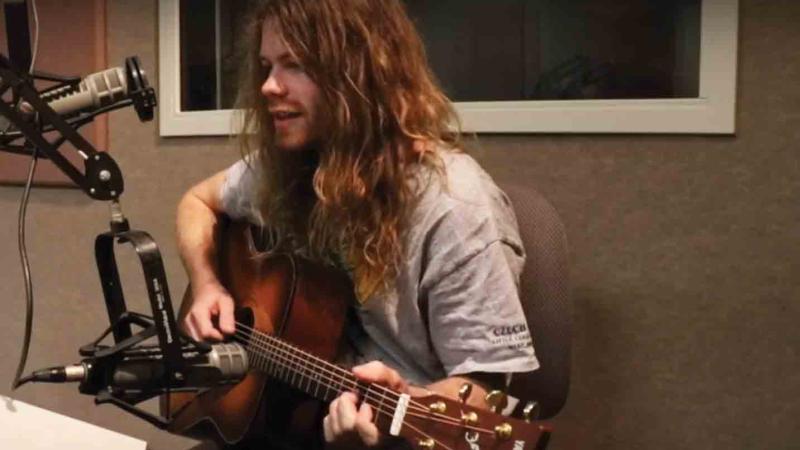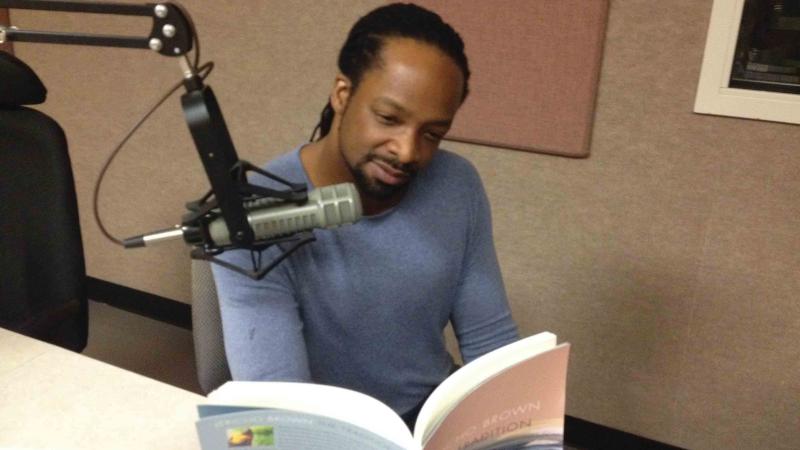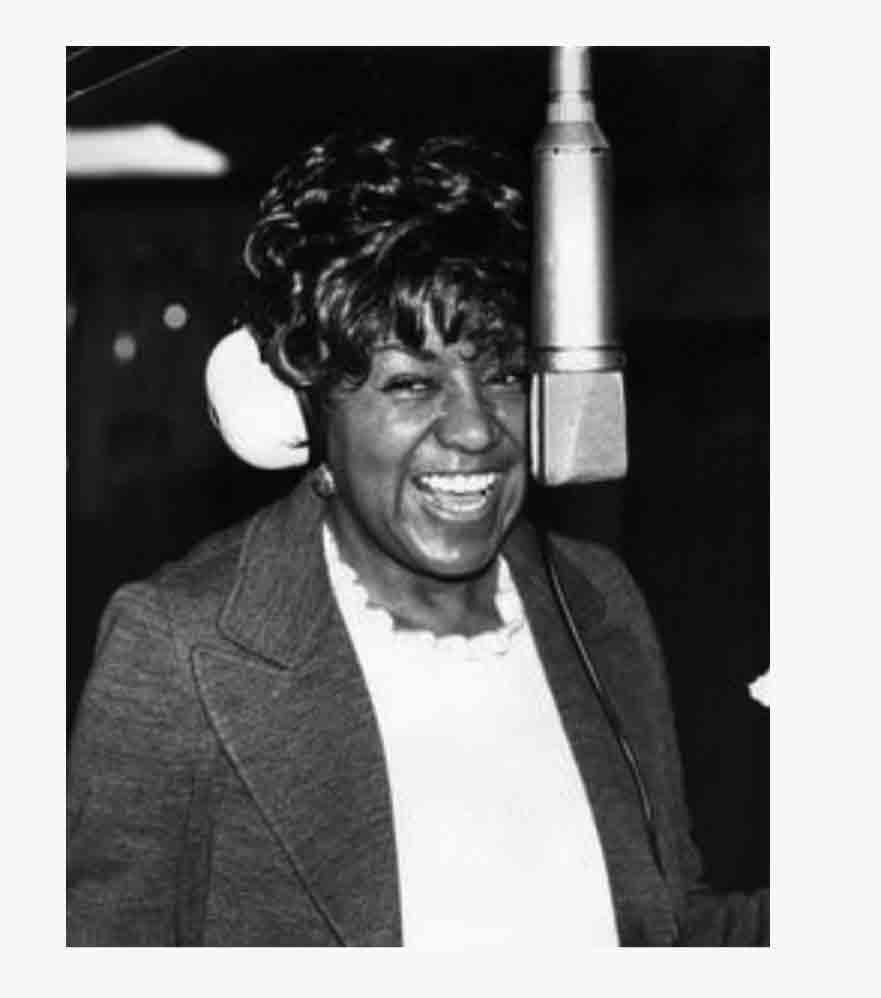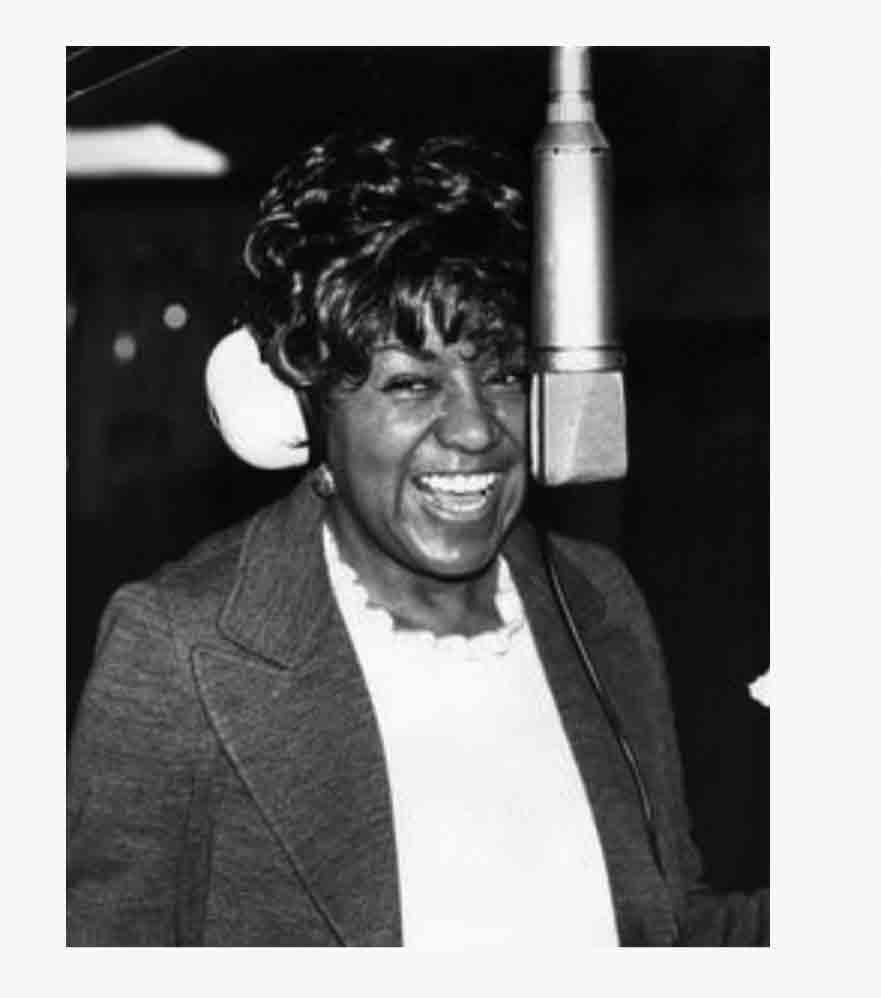“If it was just a radio show on short stories, that’d be awesome,” host J. Bradley Minnick says of Arts & Letters. “But it would be limiting.”
As it stands, Arts & Letters is anything but limited, with topics ranging from the death of the shopping mall to Godzilla to a one-man play about James Baldwin. A nimble ear is required for this radio program, funded by a major grant from the Arkansas Humanities Council. In nearly 80 episodes, you’ll hear actors, musicians, professors, but especially writers: poets, novelists, biographers, autobiographers, authors of short stories, fiction, nonfiction—the gamut.
So, what’s the common thread? What makes something an Arts & Letters episode? “In a region that’s often overlooked, we wanted to focus on southern work,” Minnick says. But even that focus, he notes, “doesn’t preclude us from other work.” Episodes have featured guests from Mexico, Scotland, the Dominican Republic, Kansas, Maine, New York, Illinois, and Minnick’s native Pennsylvania.
With Arts & Letters, Minnick says, he “wanted to create a show that both teaches and highlights the intellectual work in the South and beyond.” So how did a native of Scranton, Pennsylvania, who’s lived in Philadelphia and Detroit, find such a connection to southern culture? “My mother is from a little town near Bristol, Tennessee,” he explains. Visiting the area regularly growing up, he “fell in love with the region, and the Carter family, and the hills and the hollers, and the music. My mother is very, very southern. So, I wasn’t born here, but Arkansas feels like home in a lot of ways to me. And it’s also good to have a bit of an outsider’s perspective.”
An instructor for more than 30 years, Minnick has taught at the University of Pittsburgh, the University of Texas at El Paso, and the University of Arkansas at Little Rock where he’s currently an associate professor of English. Beginning its seventh season this fall, Arts & Letters airs on the university’s public radio station, KUAR 89.1 FM. “Brad’s raising the voices of people who have produced very thoughtful work,” station manager Nathan Vandiver says. “And it’s work that doesn’t get talked about nationally a lot.”
As host, Minnick is the show’s radio face, but story editor and producer Mary Ellen Kubit has been part of the program since 2014. She’s also an instructor in the School of Communications at the University of Central Arkansas in nearby Conway. Adam Simon provides sound mastering of episodes. And a team is needed—most episodes take about a year from inception to air. Minnick called the process “extensive, from script to recording to production.”
With episodes nearing an hour, there’s room for Minnick and his guests to roam. But while the conversation may meander, the program’s idiosyncratic music cues keep things brisk—to the point that the music has a pace of its own. Several musicians from varying genres may provide the soundtrack to a single episode, sometimes punctuating the narrative, and always jarring listeners from complacency as the music rises to the surface before bubbling back down. An episode on Little Rock’s long-forgotten Pulitzer-winning poet, John Gould Fletcher, features more than a dozen different performers. Episodic shows like this usually stay within certain musical confines to define the tone, but Arts & Letters is all over the map. Just as the program tries to avoid stereotypes in topics, the soundtrack also reflects a more complex South, one beyond twanging banjos and acoustic blues.
“Typically, we have a composer, or composers, create” original music for a show, he says. “We try to highlight bands from the South. You’re looking for the right match, the right tone, or to have the music say something for a character who can’t speak for themselves.”
Other, sometimes literal, bells and whistles of audio are subtly scattered throughout episodes as well. A segment discussing the 1978 film Dawn of the Dead rewards careful listeners with a music bed of faint undead grunts—the kind you might hear as zombies approach your lonely farmhouse out in the woods. “We hear feedback from listeners about the level of production coming from Arts & Letters as much as the content,” Vandiver says.
With only two episodes airing monthly, the program has a tempo that allows for deep dives—for listeners and creators alike. Topics aren’t chosen lightly. “Because I spend so much time with it, it has to matter,” Minnick says. “I have to care about it. I’m with these stories for a long time. So, if it doesn’t resonate with me, I can’t do it.”
Such intense scrutiny might indicate a misguided quest for perfection, but Minnick sees it as just a part of telling the story correctly. “I don’t know if there’s been a perfect [episode] yet, but what makes a perfect one for me is if the guest thought we really did justice to their work. Because it’s often very personal pieces, and you gotta get that right. You have to get the research right,” Minnick says.
“It’s really fun to create; it’s kind of exciting. I like the doing of it. You get to learn so much, and then bring it out to other people—you get to learn.”
(The Arts & Letters podcast won the Society of Professional Journalists Arkansas 2020 Diamond Award for Best Radio Documentary/Investigative Reporting for its two-part series, “They Liked My Phras’n: The Life & Music of Rose Marie McCoy.”)







